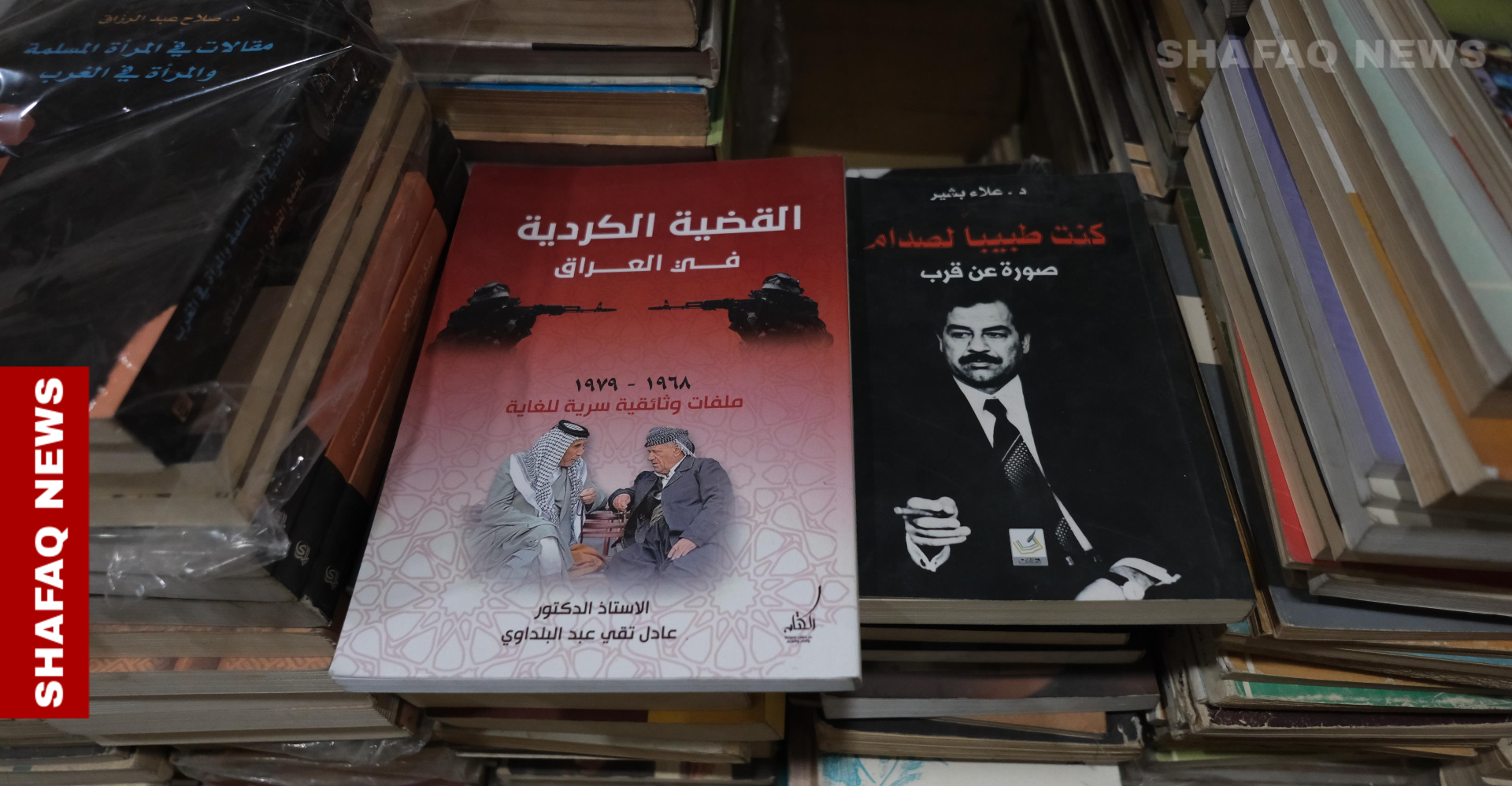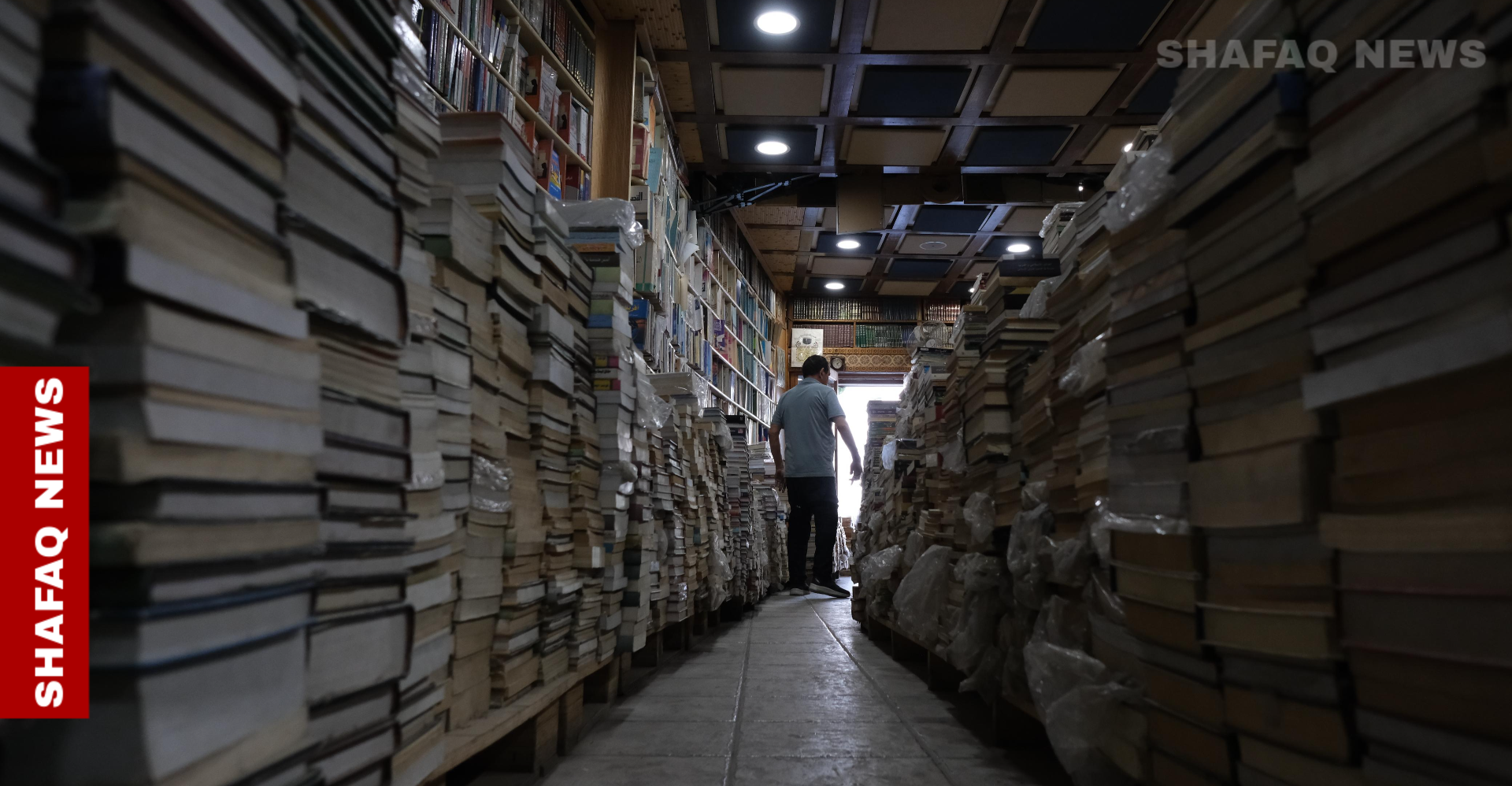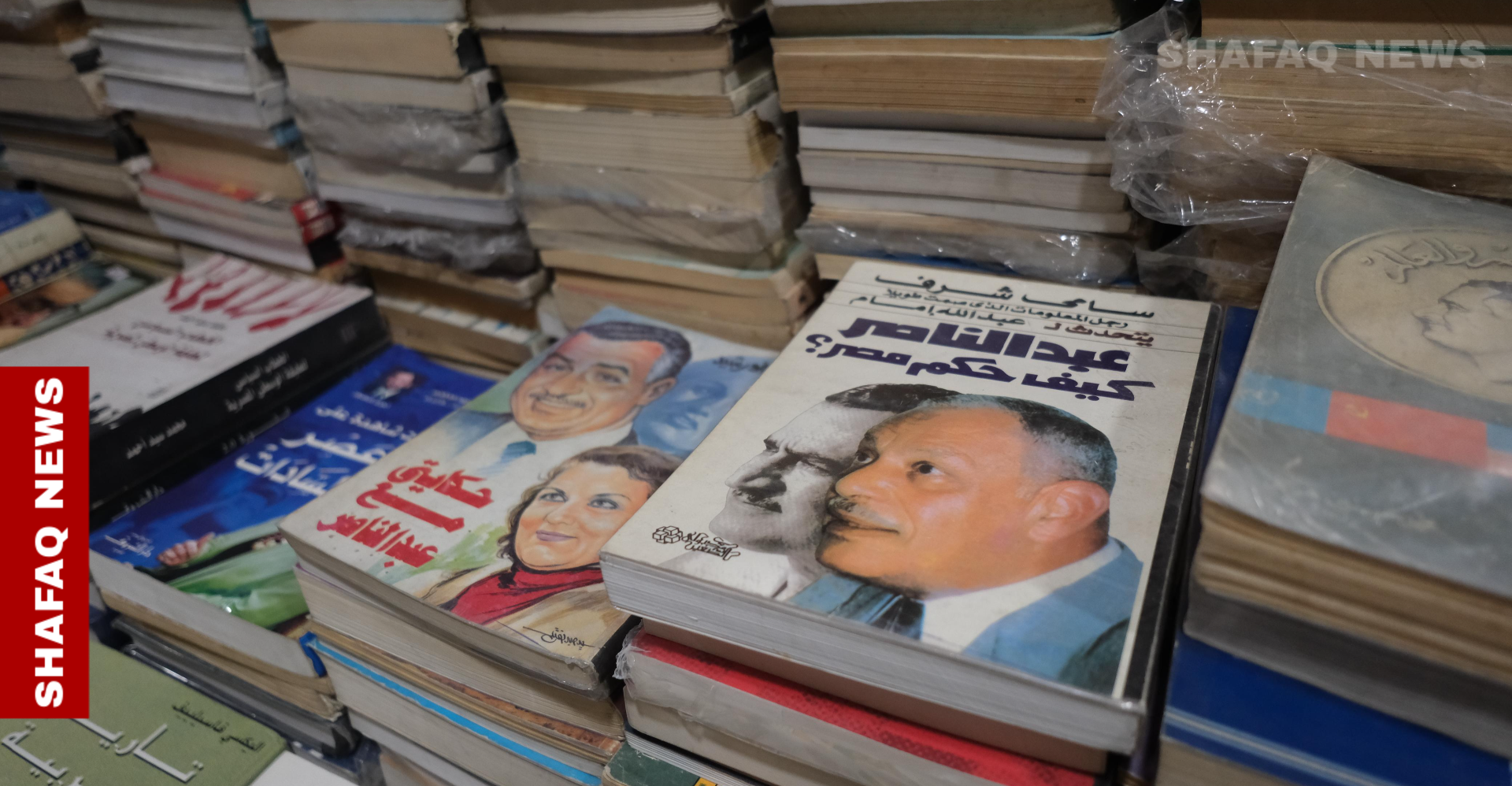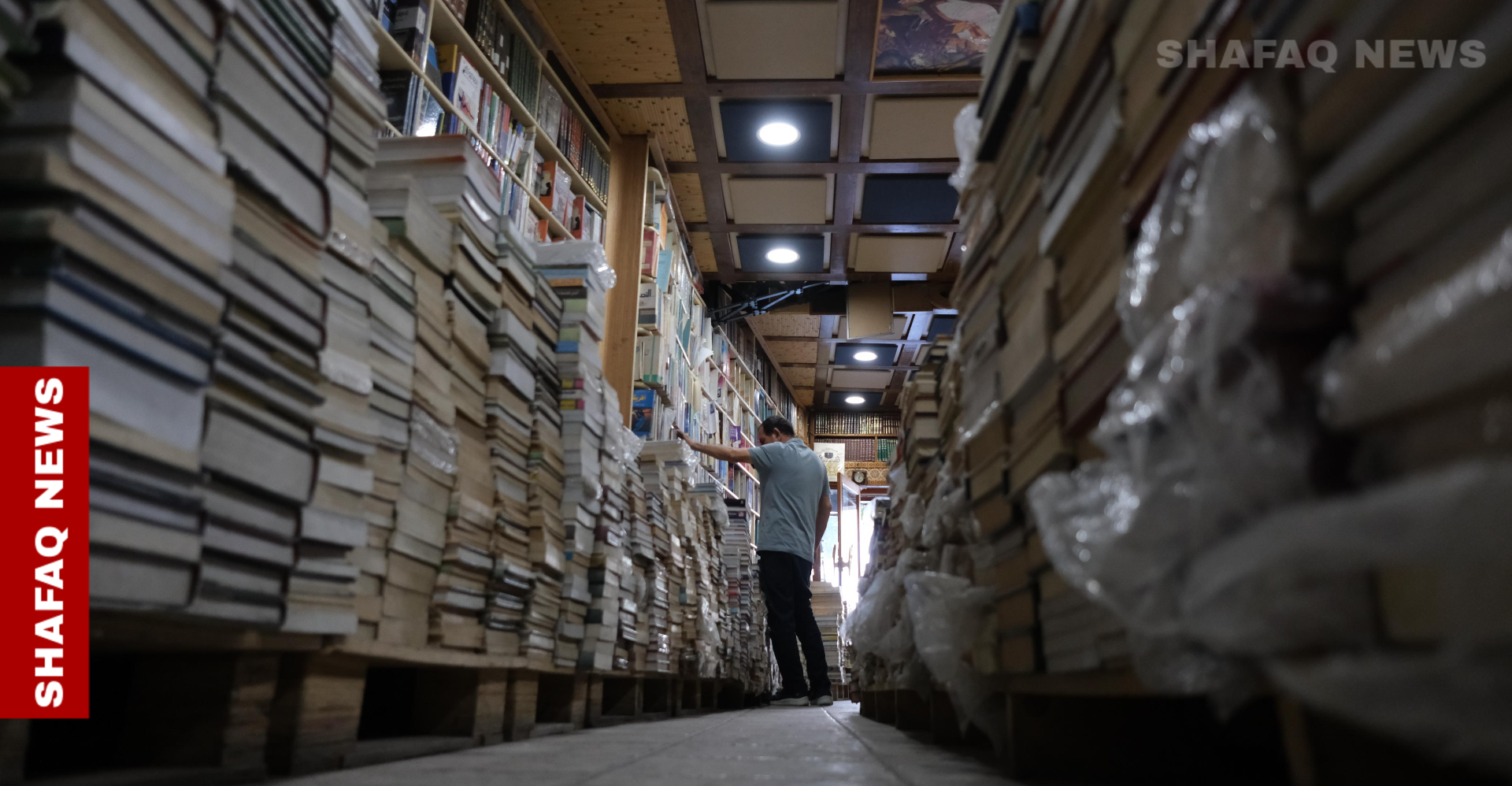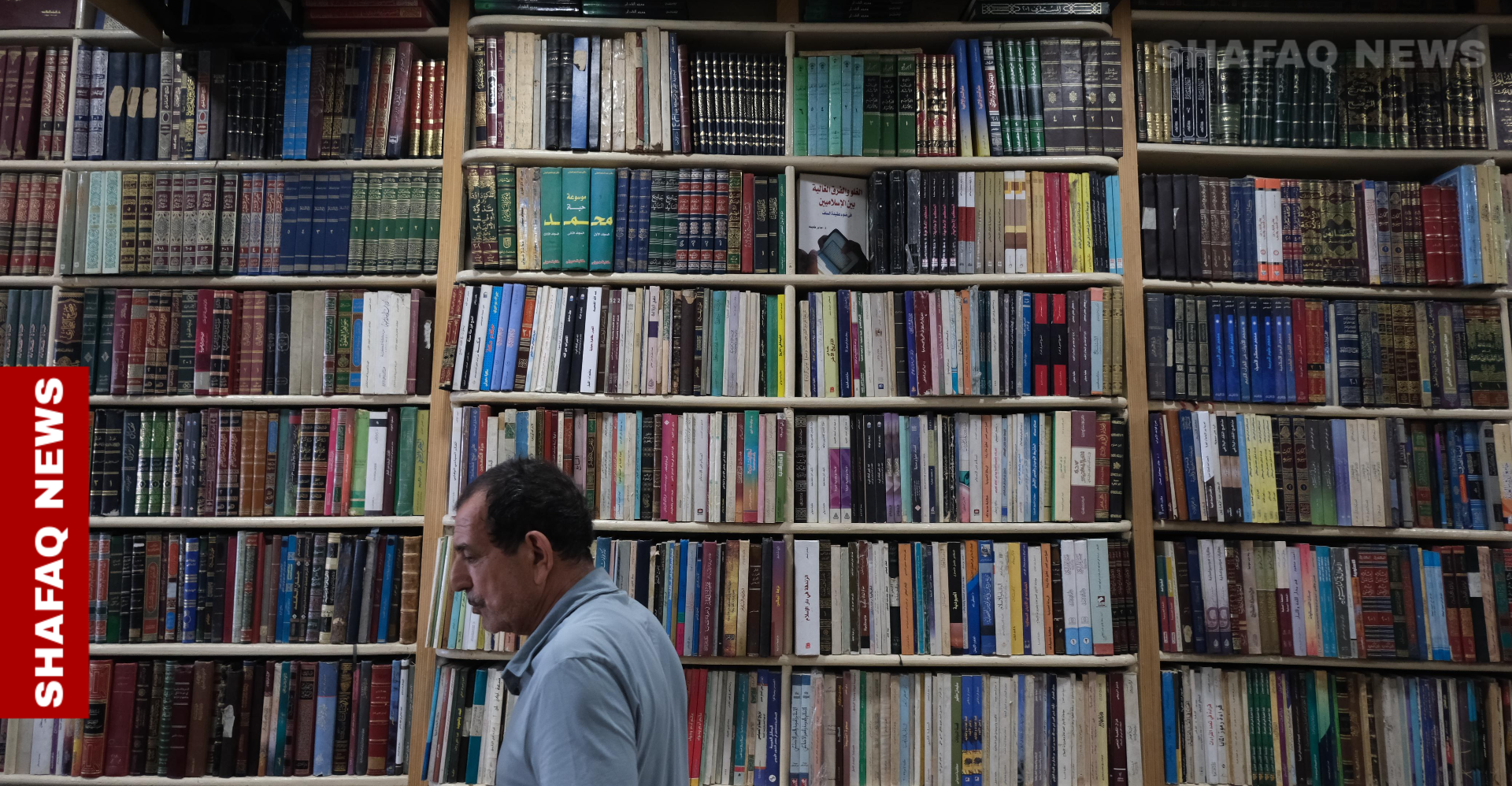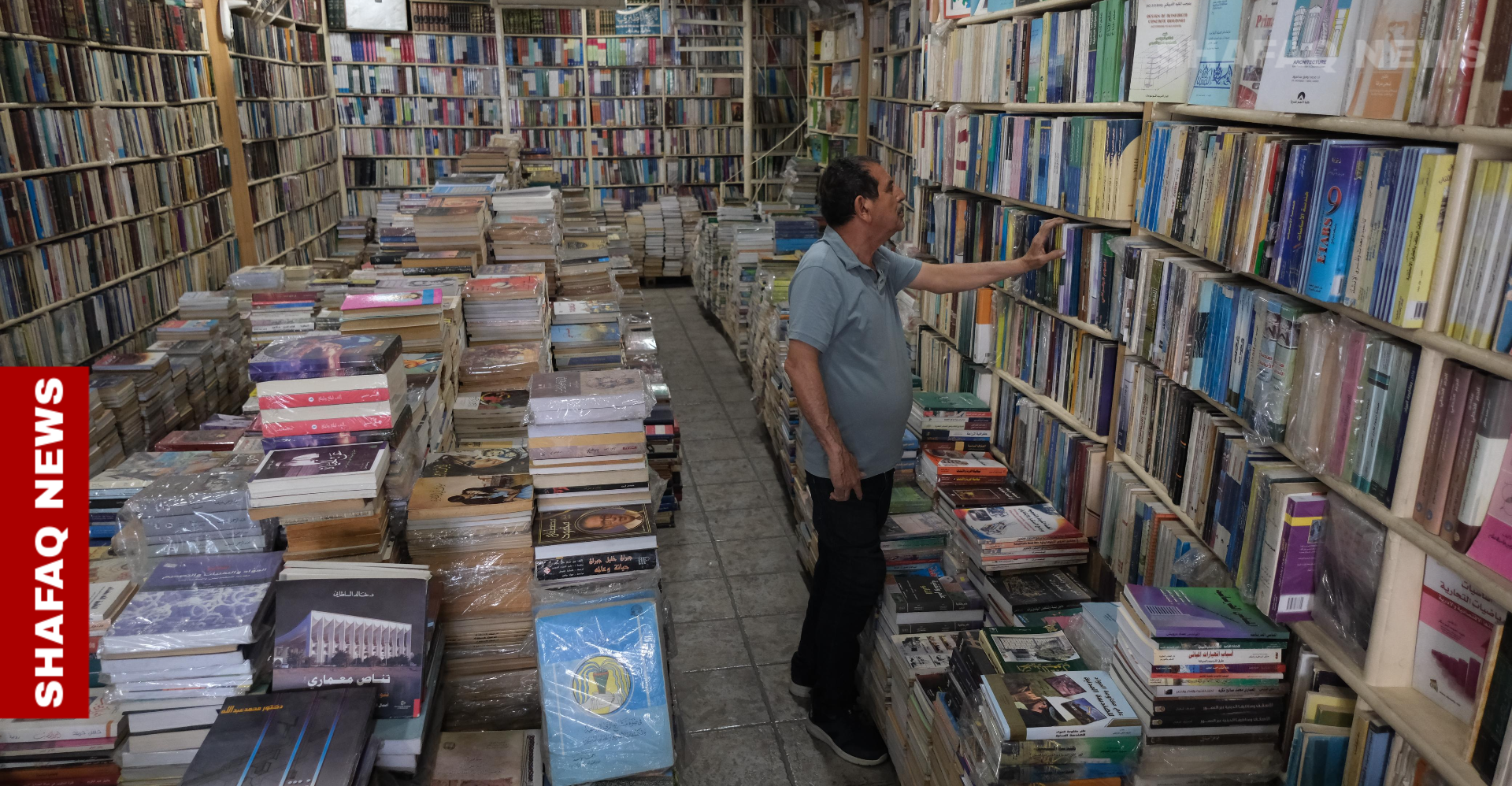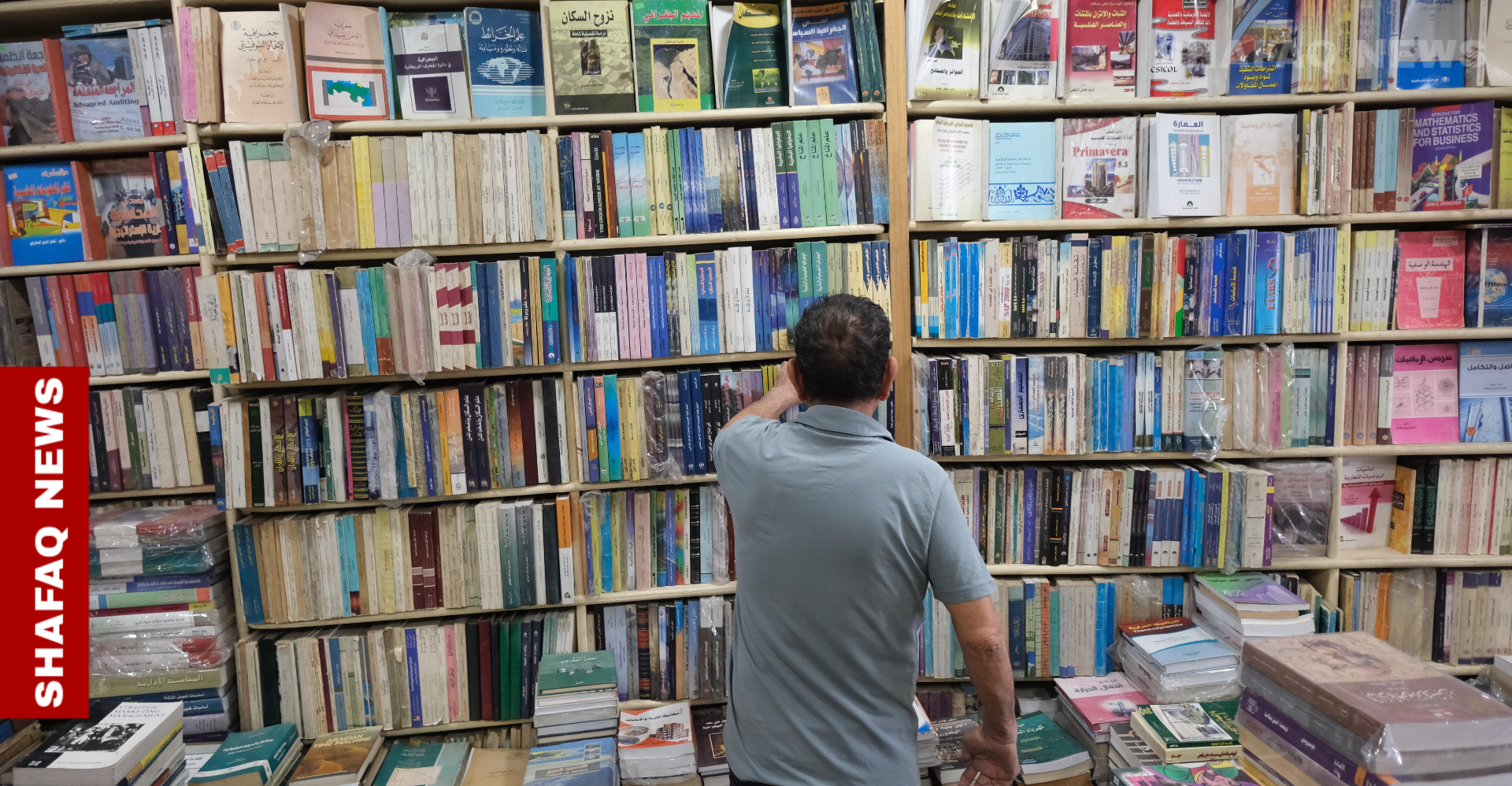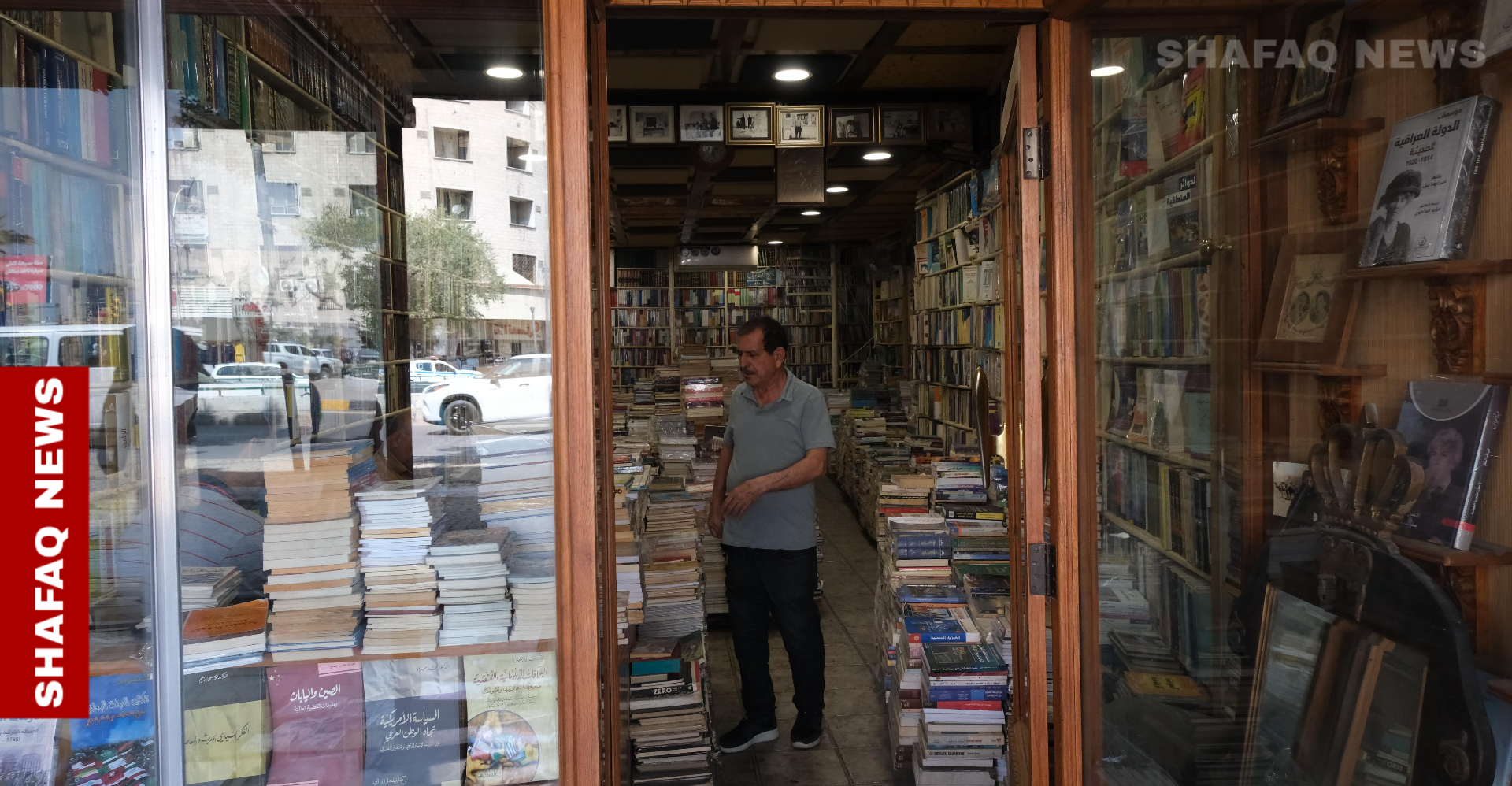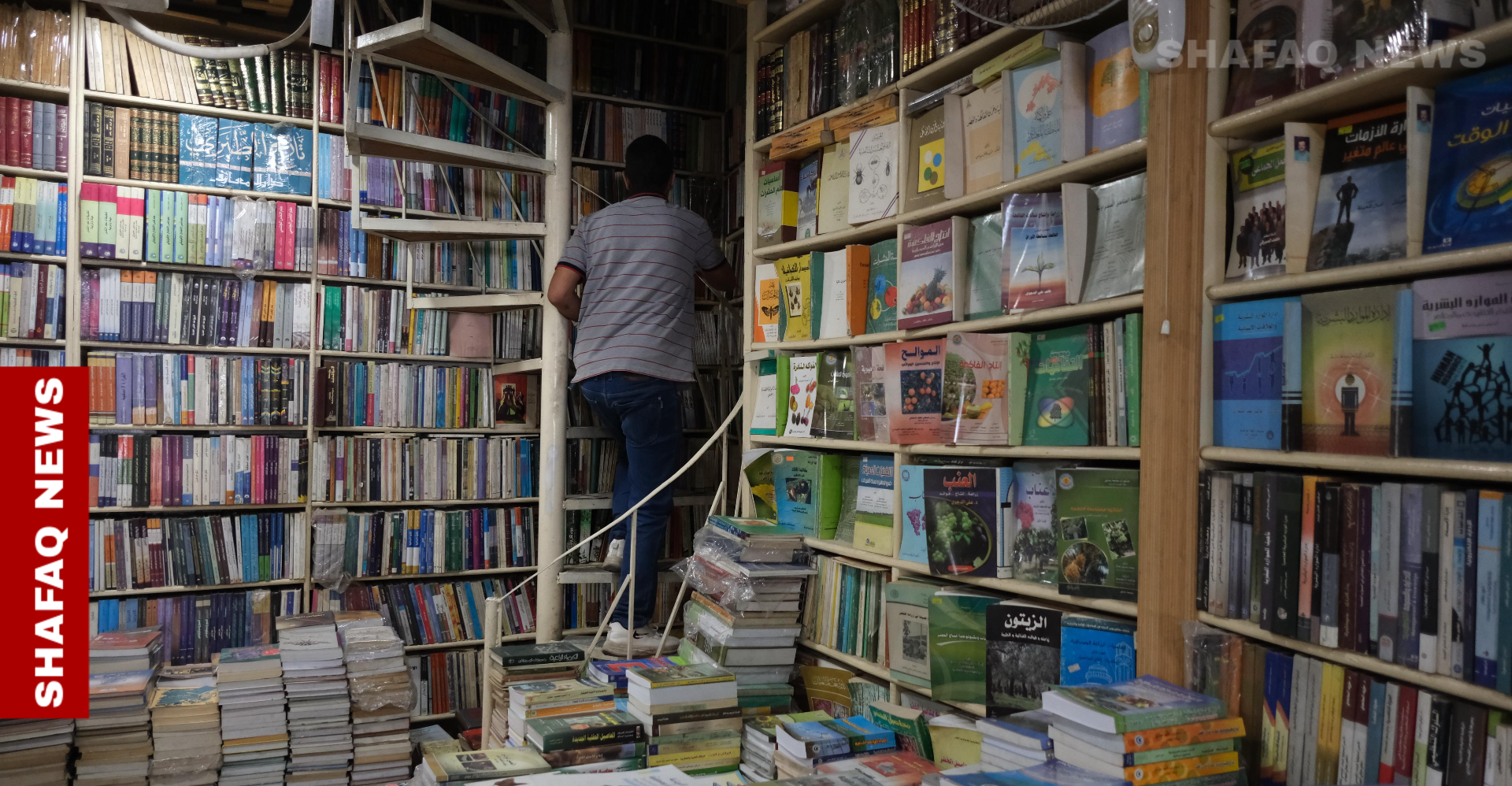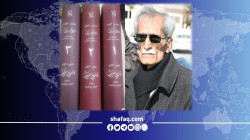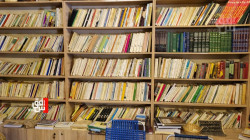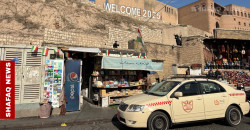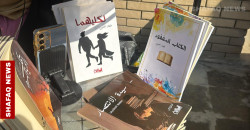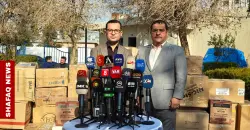Renaissance Bookstore: where Iraq’s literary past still breathes
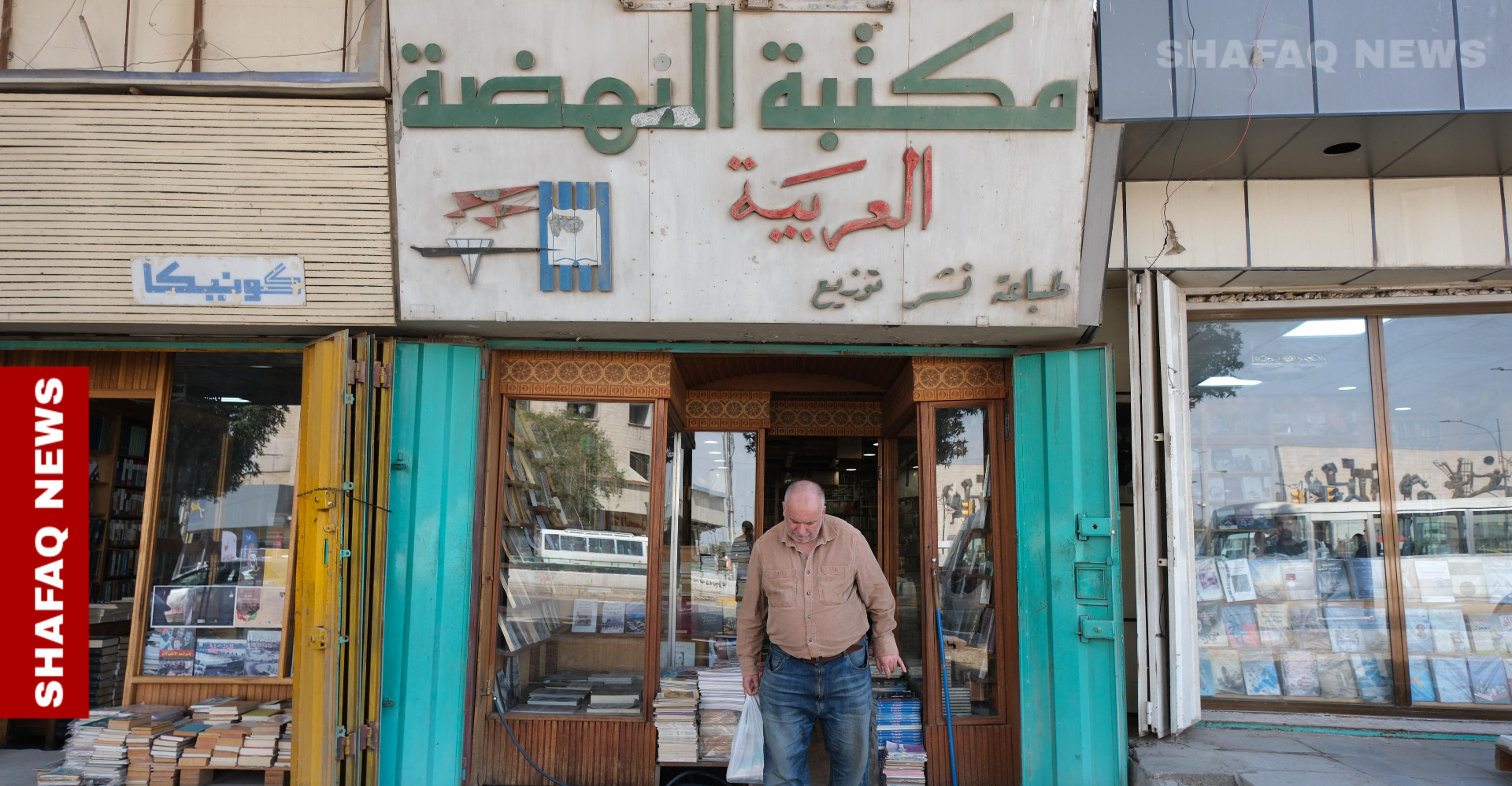
Shafaq News/ In Baghdad’s Saadoun Street—once a bustling corridor of bookstores—the Renaissance Bookstore has stood since 1965, quietly anchoring Iraq’s literary and cultural memory through decades of upheaval and change.
The shop was founded by Abdul Rahman Hayawi during a time of heightened regional cultural influence. That same year, Egyptian President Jamal Abdel Nasser launched a state-backed bookstore in Iraq, part of an effort by Arab nations to expand their intellectual reach. Amid that competition, the Renaissance Bookstore held its own, offering a space for independent thought and local voices.
Its evolution took a defining turn in 1979, when the late Hashim Hussein took over and renamed it the Arab Renaissance Bookstore. Under his direction, the store expanded into publishing, releasing volumes by scholars, poets, and historians. Notable titles included the collected works of Saadi Youssef and translations of Russian novelist Fyodor Dostoevsky, alongside academic texts in Arabic linguistics, history, and literature.
Through the 1980s, the store thrived. Collaborations with regional publishers like Alam Al-Kutub led to the publication of more than 90 titles. Despite periods of war, sanctions, and economic hardship, the bookstore continued to operate—preserving its presence on Baghdad’s cultural map.
In later years, the store turned its focus to academic publishing. It released works by Iraqi historian Dr. Moayad Al-Wandaoui, among others, contributing to the preservation of the country’s intellectual legacy. “We’ve always seen it as a space for serious knowledge,” said current owner Ali Hussein.
Its reach extended beyond the capital. At the 2024 Erbil International Book Fair, the bookstore maintained a dedicated booth that drew visits from cultural and political figures. Among them was Kurdish Leader Masoud Barzani, who inquired about Mullah Hamdi Al-Salaf, one of the authors published by the store.
For Hussein, that moment affirmed the store’s relevance. “That visit showed we’re more than a bookstore,” he said. “We’re part of Iraq’s cultural identity.”
Today, the Renaissance Bookstore continues to operate despite economic pressures and shifting market conditions. What sustains it, according to its owner, is not just inventory—but a history shaped by resilience and a belief in the value of ideas.
